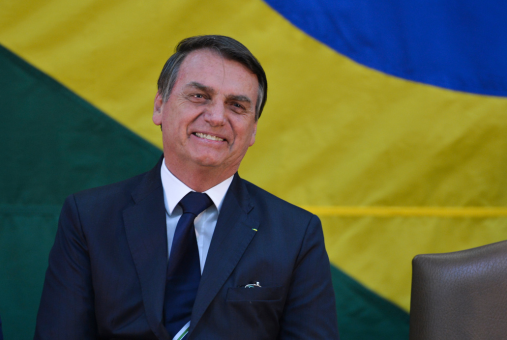
A federal police report says Brazil’s intelligence agency illegally surveilled national and local journalists under the Bolsonaro administration. Victims say key details on how and why they were targeted remain hidden.
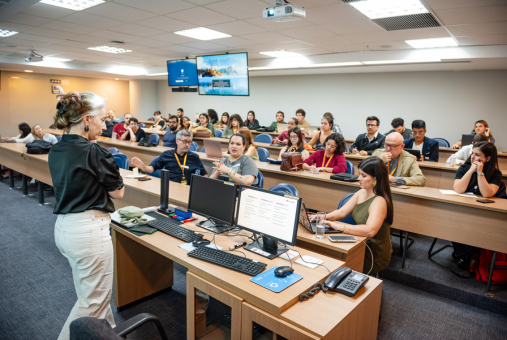
Latam Chequea, a network of news outlets from 21 countries, warns that shrinking support for fact-checkers, the rise of AI, and anti-media laws are creating a “perfect storm.” They call for collaboration with tech companies and urgent action from governments.

At a global gathering of fact-checkers in Rio, top Brazilian authorities warned that unchecked digital platforms are reshaping public debate in ways that threaten democratic norms. Their remarks shed light on the legal and political reasoning behind Brazil’s push to regulate online disinformation.

The practice of independent journalism in countries where democracy is in jeopardy will be the topic of discussion for the first panel on Day 2 of the 26th International Symposium on Online Journalism (ISOJ).

A new UNESCO report confirms what many journalists and researchers have thought: quality journalism is good for democracy, civic engagement and government accountability. Further, public investment in it improves trust from citizens, and promotes human rights and sustainable development.
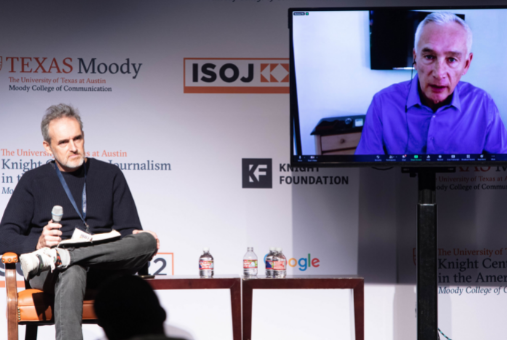
The main responsibilities of a journalist should be to report reality as it is and to serve as a counterweight to power without being afraid to take a stand in the face of acts of authoritarianism, human rights violations and corruption, said the journalist in a conversation with the managing editor of El País, Borja Echevarría.
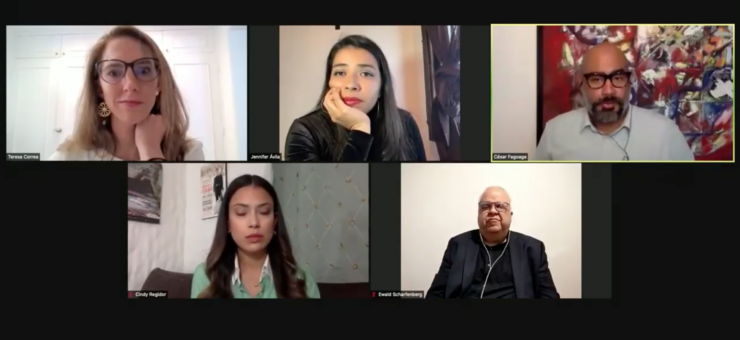
Journalists from Honduras, El Salvador, Nicaragua, and Venezuela spoke in a panel during the webinar “Journalism in Times of Polarization and Disinformation in Latin America.” The panel explored press freedom in countries faced with increasingly authoritarian governments and how they’ve been able to continue doing journalism.

Upon accepting the 2021 Chapultepec Grand Prize, editor Marty Baron recognized not only his own objective of fighting for an independent press to ensure democracy, but the battles waged by his Latin American colleagues to do the same.
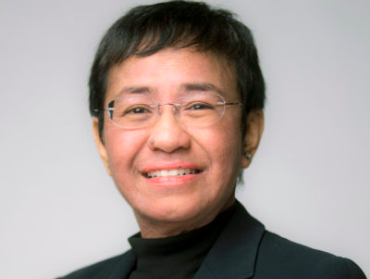
During the first panel of ISOJ online 2020, Filipino-American journalist Maria Ressa explained how technology is affecting the democracy not only in the Philippines but around the world. She talked about the complex disinformation networks targeting journalists and freedom of expression.
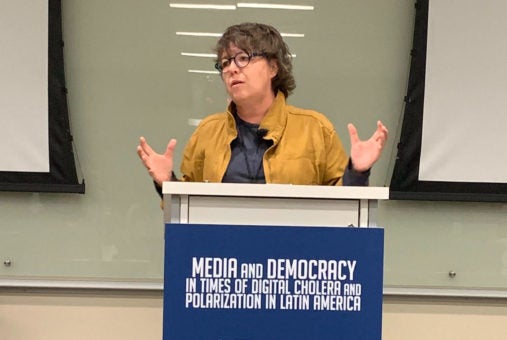
In Mexico, when a journalist asks the president a critical question during his press conferences, he is then attacked on social networks explained Mexican journalist Gabriela Warkentin of W Radio during the event “Media and Democracy in Times of Digital Cholera and Polarization in Latin America.”
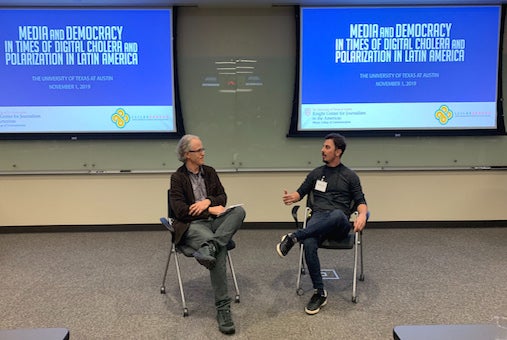
Never in the history of Brazil have journalists and digital media been attacked the way they are being targeted now, said Leandro Demori, executive editor of investigative site The Intercept Brasil.
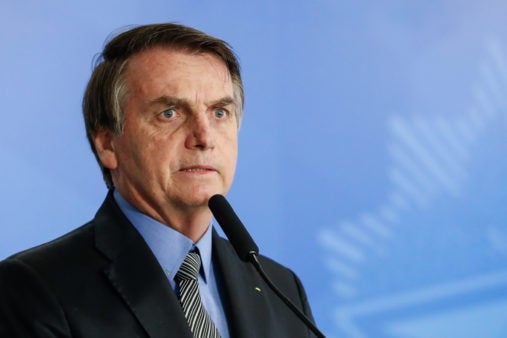
The editorial “O lugar de cada um” (The place of each one), published on Nov. 5 in the newspaper O Globo, is another development in the tense relationship between Bolsonaro and the press, fueled by the president's recurring attacks on critical journalism.